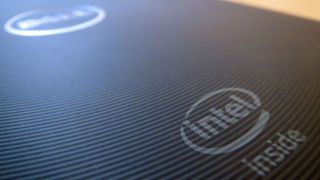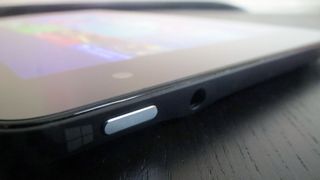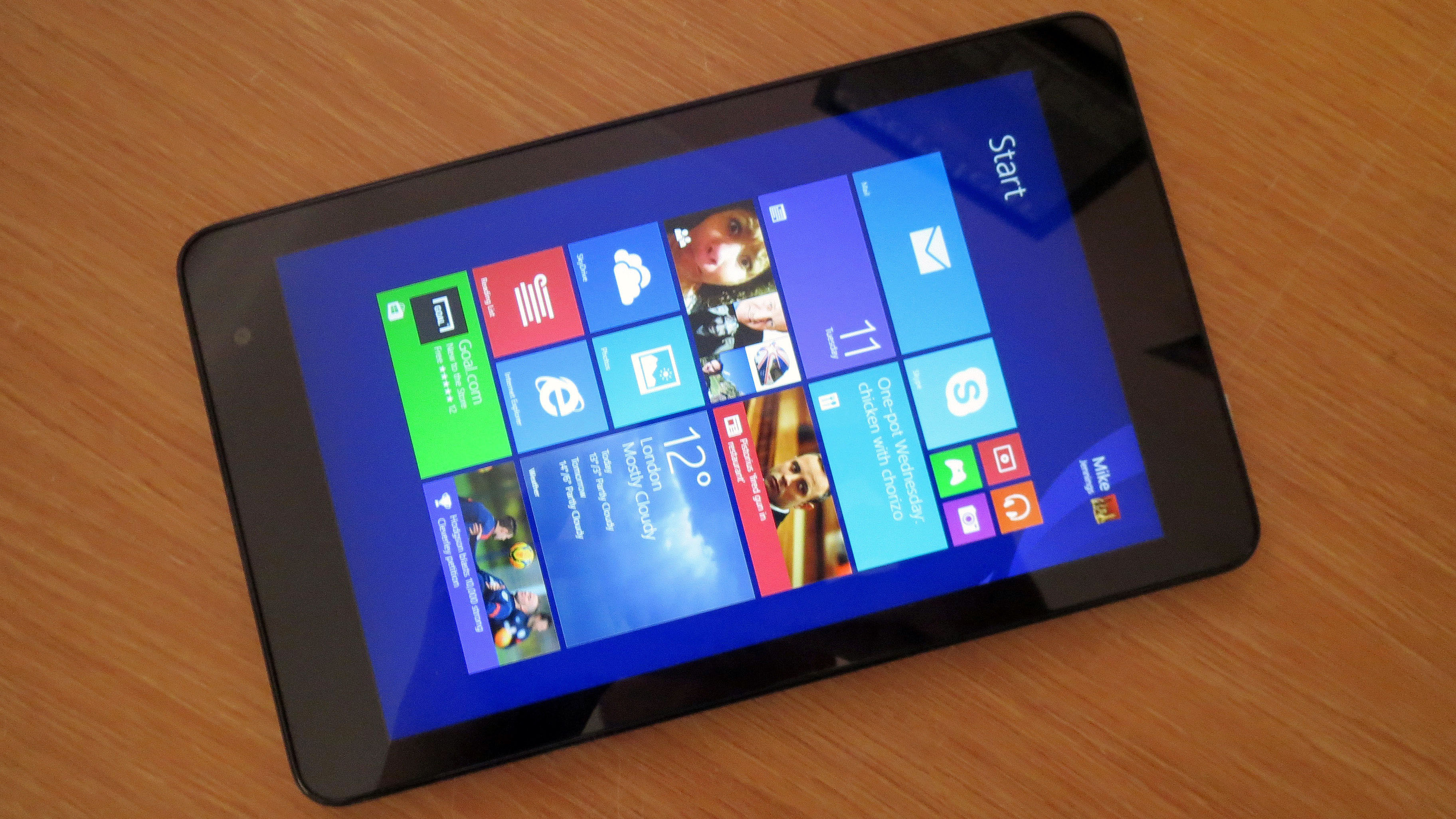Why you can trust TechRadar
The Venue 8 Pro uses an Atom Z3740D – one of Intel's Bay Trail processors designed for tablets. It's a quad-core chip with a 22nm manufacturing process, and this part comes from the middle of the range. It's clocked to 1.33GHz but rises to 1.86GHz, thanks to Intel's Burst Performance Technology. It's the same processor as the Acer, and the same Bay Trail technology as the Asus Transformer.
Bay Trail doesn't just get a leg up thanks to Bay Trail's CPU silicon – it includes a new integrated graphics core, too. The core inside the Z3740D is clocked to between 313MHz and 688MHz, which are the fastest speeds available inside Bay Trail.

Elsewhere, there's 2GB of low-power DDR3L RAM, and the model we've reviewed comes with a 32GB SSD that provides 23.2GB of usable space once Windows has been installed. That's not much room, especially if you install plenty of apps or games – thankfully, the more expensive Venue 8 Pro model includes a 64GB drive, and the Venue's microSD slot supports cards with an extra 128GB of space.
Dual-band 802.11n Wi-Fi is included alongside Bluetooth 4.0, but we've got a couple of quibbles when it comes to connectivity. That wireless chip is a 2x2 MIMO unit that's not as rapid as chips with three or four antennas, and mobile broadband is only available in the most expensive Venue 8 Pro model – and, even then, it's locked to O2.
The 8-inch screen uses IPS technology, but its native resolution of 1,280x800 isn't anything to shout about. It's the same resolution as the Acer, but it's poorer than the Full HD screen of the forthcoming Lenovo tablet, and it's low when compared to the Retina-level panels included in the iPad mini and Nexus 7.

It's all packaged inside a 395g chassis that's 9mm thick. That's lighter and slimmer than the Acer, which weighs 415g and is 11mm from front to back, and similar to the forthcoming Lenovo. The Dell is svelte enough to never weigh us down, but non-Windows devices are slimmer still: the Nexus 7 and iPad mini are 8.5mm and 7.2mm thick respectively, and both of those tablets weigh around 300g.
Unusually, this tablet has no Windows button on its front panel – instead, Dell has moved it to the top edge. It takes a little while to get used to this change, but it works well enough. Another edge has the power and volume buttons, and a microSD slot hidden beneath a flap.
The single speaker is on the bottom edge, and it's off-centre so it won't be blocked by hands when the Venue is used in landscape mode. That's a clever bit of design, but the lone audio unit pumped out sound with plenty of volume but little nuance or quality.
Mike has worked as a technology journalist for more than a decade and has written for most of the UK’s big technology titles alongside numerous global outlets. He loves PCs, laptops and any new hardware, and covers everything from the latest business trends to high-end gaming gear.

More Galaxy S25 specs leak – and we might know just how thin the S25 Slim version is

Secretlab’s Warhammer 40,000 Ultramarine Titan Evo gaming chair is one of the best examples of limited edition gear I’ve seen, here’s why

Samsung's rival has debuted new storage tech that offers a super-fast, high-capacity flash memory for ultra-portable devices; Kioxia's UFS QLC promises to reach speeds of 4.2 GB/s
